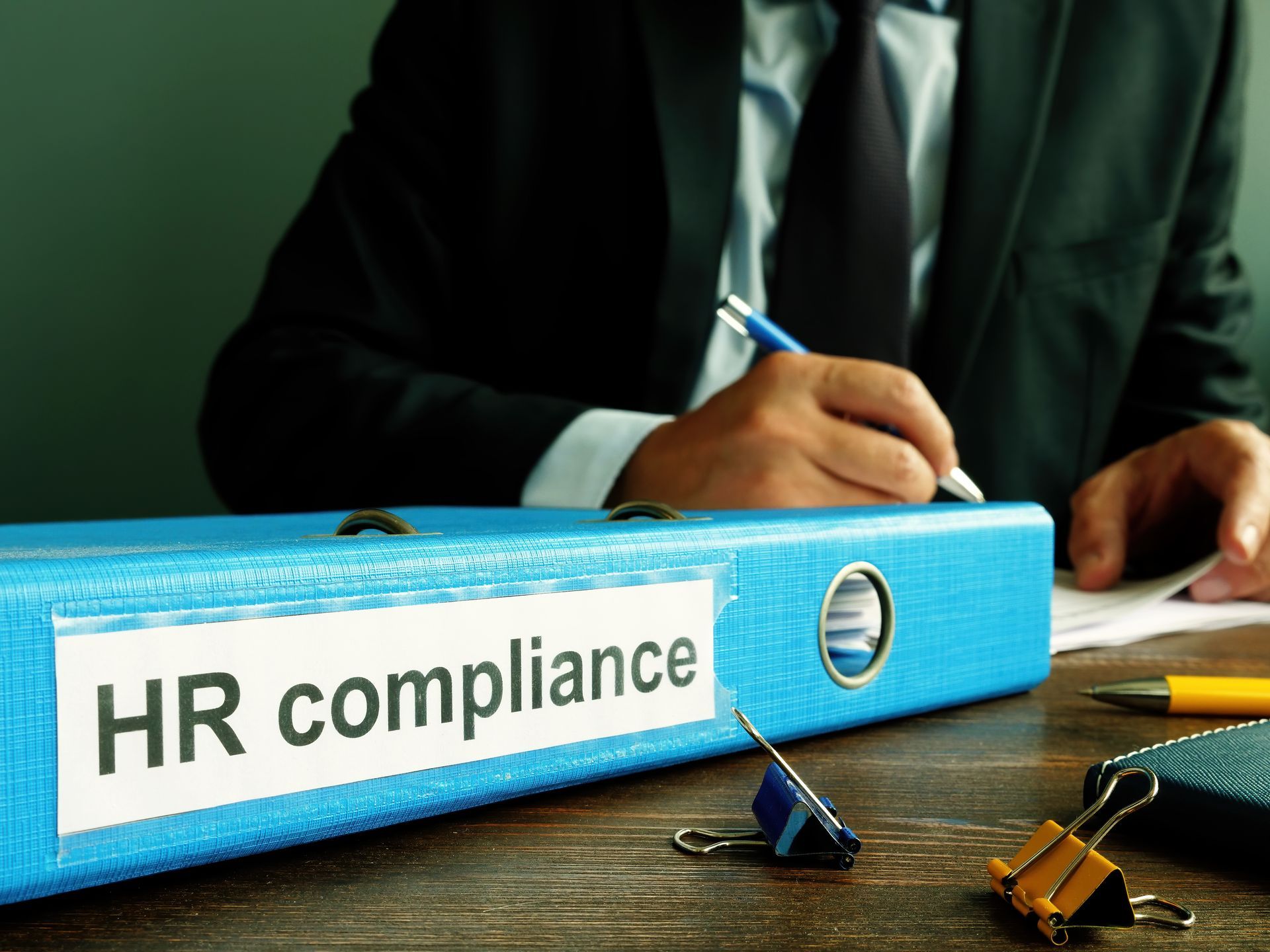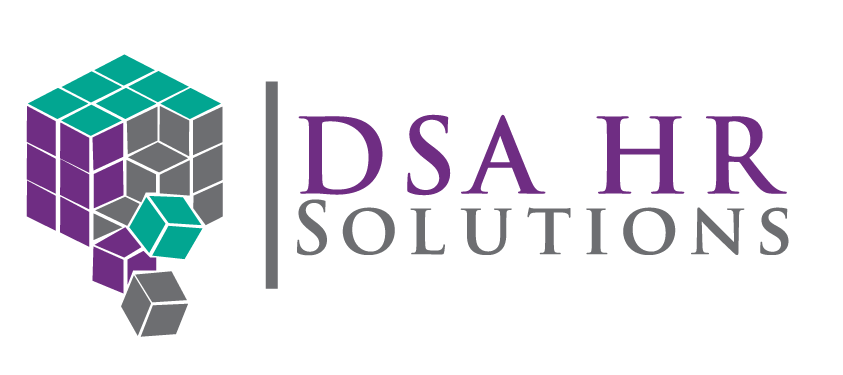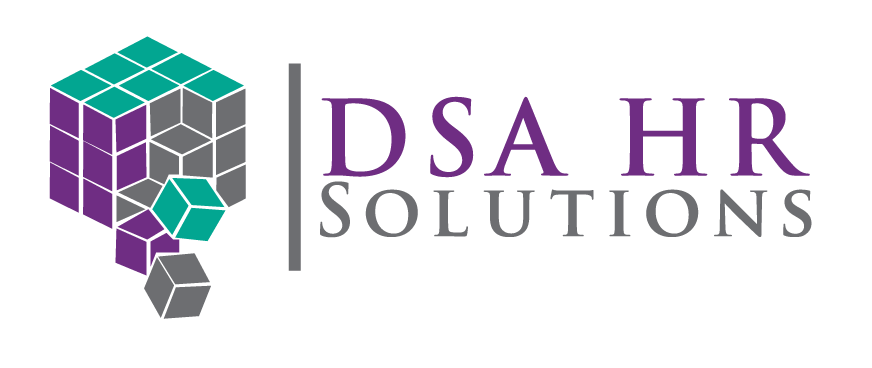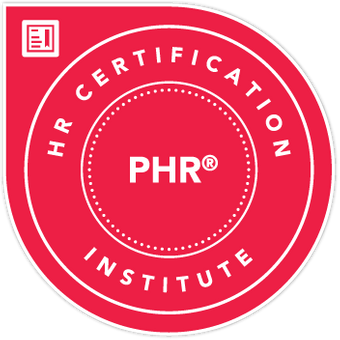9 Essential HR Compliance Tips for Small Businesses

Human resources (HR) compliance involves adhering to the various laws and regulations that apply to managing employees and the workplace environment. For small businesses, compliance is crucial for avoiding costly fines and lawsuits that could significantly hurt or even shut down operations.
Staying compliant shows employees you respect them and want to maintain ethical standards. It also promotes engagement, retention and productivity.
This article will provide nine essential HR compliance tips specifically for small businesses. Following these best practices will help you understand your responsibilities as an employer, create compliant policies, properly handle personnel issues, and foster a safe, inclusive workplace.
The tips cover key areas like employment laws, recordkeeping, safety protocols, audits and seeking outside expertise when needed.
Tip 1: Understand Employment Laws
Understanding and complying with employment laws is crucial for any small business. At the federal level, key laws that employers must follow include:
- Fair Labor Standards Act (FLSA) - Establishes minimum wage, overtime pay, recordkeeping, and child labor standards.
- Title VII of the Civil Rights Act - Prohibits employment discrimination based on race, color, religion, sex and national origin.
- Americans with Disabilities Act (ADA) - Prohibits discrimination against qualified individuals with disabilities. Requires employers to provide reasonable accommodations.
- Family and Medical Leave Act (FMLA) - Entitles eligible employees to take unpaid, job-protected leave for specified family and medical reasons.
- Occupational Safety and Health Act (OSHA) - Assures safe and healthful working conditions by setting and enforcing standards and providing training, outreach, education and assistance.
In addition to federal regulations, employers need to comply with applicable state and local employment laws. These may relate to areas like minimum wage, non-discrimination, family leave, worker's compensation and more. Requirements can vary significantly across different states and cities.
It's critical for small businesses to stay up-to-date on changes in employment laws and regulations. Useful resources include the Department of Labor website, HR associations, legal counsel, and HR publications and news sites. Investing time in ongoing research helps minimize compliance risks.
Tip 2: Establish Clear Policies and Procedures
Having clear, written policies and procedures in place is crucial for maintaining HR compliance as a small business. Well-defined policies act as a reference point and provide guidance for employees on expectations, rights, and responsibilities. They also protect the company by establishing consistent standards. Some common policy areas that small businesses should address include:
- Employment policies - Cover hiring, termination, discrimination, harassment, etc.
- Workplace policies - Address conduct, safety, technology use, etc.
- Compensation and time-off policies - Explain pay, overtime, benefits, PTO, etc.
- Code of conduct - Outlines professional behavior expectations.
Once policies are created, small businesses need to implement procedures to put them into practice. This includes:
- Communicating policies to all employees through training.
- Having employees acknowledge policies with written agreement.
- Consistently enforcing policies and documenting incidents.
- Reviewing policies on a regular basis and updating as needed.
- Addressing policy violations through fair disciplinary procedures.
Tip 3: Properly Classify Employees
Proper classification of employees is crucial for remaining compliant and avoiding penalties. There are several categories of workers, each with distinct laws and regulations:
Overview of Classifications
- Exempt vs. Non-Exempt - Exempt employees are not entitled to overtime pay, while non-exempt employees are. Exemptions apply primarily to executive, administrative, and professional roles.
| Exempt Employees | Non-Exempt Employees | |
|---|---|---|
| Overtime Pay | Not entitled | Entitled to overtime pay |
| Salary Basis | Fixed salary | Hourly wages or salary |
| Job Duties | Managerial/professional | Non-managerial |
| Record Keeping | Not required | Required |
| Compensation | Fixed salary | Hourly or based on hours |
| Benefits | Often included | Varies |
| Employment Rights | More flexible | Subject to labor laws |
- Employees vs. Independent Contractors - Misclassifying employees as contractors results in tax penalties and lack of protections. Use the IRS guidelines to correctly determine status.
| Employees | Independent Contractors | |
|---|---|---|
| Control | Employer controls work | Contractor controls work |
| Taxes | Employer withholds taxes | Contractor pays own taxes |
| Benefits | Eligible for benefits | Usually no employer benefits |
| Equipment | Often provided by employer | Provide own equipment |
| Payment | Regular paycheck/salary | Project-based or per job |
| Legal Rights | Protected by employment laws | Fewer legal protections |
| Work Duration | Long-term employment | Short-term or project-based |
| Training | May receive employer training | Self-directed training |
- Full-Time vs. Part-Time - Full-time employees work a minimum number of hours per week and receive benefits, while part-time do not. Understand legal definitions.
| Full-Time Employees | Part-Time Employees | |
|---|---|---|
| Hours | Typically 40 or more | Fewer than 40 |
| Benefits | Often eligible | Sometimes limited or none |
| Pay | Usually salaried or hourly | Hourly, sometimes salary |
| Schedule | Consistent schedule | Variable or flexible |
| Employment Rights | Same protections as full-time | May have fewer rights |
Misclassifying workers leads to lawsuits, fines, back pay, and tax penalties. For example, classifying an employee as exempt to avoid paying overtime would be a willful violation of wage laws. Always consult experts if unsure of proper classification.
Look at level of control, nature of work, permanency of relationship, and provision of tools/materials. Use IRS checklists for contractors vs employees. Document your classification analysis. Review classifications regularly for accuracy. Correct any errors immediately.
Tip 4: Maintain Accurate Record
Keeping accurate records is a critical part of HR compliance for small businesses. There are several types of records that must be properly maintained:
Types of Records to Keep
- Timekeeping records - All non-exempt employees must have proper records of their work hours and wages. This includes clock-in/out times, lunch and break periods, overtime hours, and any adjustments.
- Payroll records - Payroll registers, pay stubs, tax withholdings, and pay rates should all be carefully recorded and retained.
- Personnel files - Individual employee files with hiring paperwork, performance reviews, disciplinary records, training documents, and other employment details must be kept.
- I-9 forms - All employees must complete an I-9 form to verify employment eligibility. These forms must be retained for all current employees and for 1 year after termination.
- Benefits records - Documents related to health insurance, retirement plans, and other employee benefits should be maintained.
Legal Recordkeeping Requirements
There are various federal and state laws that dictate what records employers must retain and for how long. Some key requirements include:
- Keeping payroll records for at least 4 years.
- Retaining I-9 forms for 1 year after termination or 3 years after hiring, whichever is longer.
- Keeping basic employee information like name, address, and occupation for at least 1 year after termination.
- Maintaining OSHA injury and illness records for 5 years.
- Storing employee exposure records for duration of employment plus 30 years.
Best Practices
To properly maintain employment records, small businesses should:
- Have a standardized filing system for easy storage and retrieval.
- Keep digital copies of records backed up securely.
- Store personnel files and sensitive documents securely.
- Have a schedule for periodically reviewing and purging outdated records.
- Designate someone to be responsible for managing records.
- Ensure confidentiality by restricting record access.
Keeping organized, accurate, and secure records is a legal obligation and essential for HR compliance. It also helps small businesses operate more efficiently and effectively.
Tip 5: Provide Anti-Discrimination Training
Preventing discrimination and harassment in the workplace is crucial for small businesses to stay compliant with employment laws. Required anti-discrimination training helps create a culture of inclusion and ensures that all employees understand their rights and responsibilities.
Preventing Discrimination and Harassment
Small business owners must take steps to prevent discrimination and harassment. This includes having clear anti-discrimination policies, reporting procedures, and training. Be proactive in addressing any inappropriate conduct immediately. Make it clear that discriminatory actions will not be tolerated.
Required Training
Federal and most state laws require that employers provide regular
anti-discrimination and anti-harassment training. Training should cover protected classes, examples of prohibited conduct, procedures for reporting issues, investigation practices, and potential disciplinary measures. Ensure that all employees complete the training upon hiring and on a recurring basis.
Fostering Inclusion
Beyond basic compliance, effective training fosters an inclusive, respectful workplace. Encourage employees to speak up if they witness inappropriate behavior. Promote diversity and make clear that discriminatory actions go against company values. An inclusive culture where all employees feel welcomed and valued is the ultimate goal.
Tip 6: Ensure Workplace Safety
Ensuring a safe work environment is crucial for small businesses to stay compliant with labor regulations. The Occupational Safety and Health Administration (OSHA) requires that employers provide employees with a workplace free from recognized hazards that might cause serious harm or death. Even small businesses with just a handful of employees need to adhere to OSHA standards.
Small businesses should start by learning about industry-specific OSHA requirements that apply to their operations. Common safety requirements include providing personal protective equipment, putting up safety signs, keeping walkways clear of hazards, and having emergency evacuation protocols in place. OSHA also mandates that certain businesses implement lockout/tagout procedures, confined space protocols, and measures to prevent exposure to hazardous materials.
In addition to understanding OSHA standards, small businesses need to actively train their employees on safety practices. Onboarding and ongoing training should cover hazard identification, safe operating procedures, proper use of protective equipment, and emergency response. Safety training should be repeated periodically and updated to reflect any new equipment, materials, or procedures in the workplace.
Small business owners should also make workplace safety a priority by conducting regular self-inspections. Inspections help identify any new hazards and ensure ongoing compliance with OSHA regulations. It's recommended to have written checklists and schedules to maintain thorough and consistent inspections. When issues are identified, they must be addressed promptly to mitigate risks.
Tip 7: Handle Employee Complaints Effectively
It's important for small businesses to have an effective process for employees to submit complaints confidentially and get them addressed promptly and thoroughly.
Establishing a Complaint Resolution Process
- Create a simple policy and procedure for receiving, investigating, and resolving employee complaints. Make sure all employees are aware of the process.
- Allow complaints to be submitted verbally or in writing. Consider having a complaint form that documents key details.
- Assign complaint handling to a specific manager, HR rep, or owner. Don't have employees submit complaints to their direct supervisor if possible.
Importance of Confidentiality
- Keep employee complaints as confidential as possible by only involving key decision makers.
- Inform employees upfront of any limitations to confidentiality based on the nature of the complaint.
- Store documentation of complaints securely with limited access.
Addressing Complaints Promptly and Thoroughly
- Provide timely confirmation of receiving the complaint and an estimate of resolution timing.
- Interview parties involved and conduct an objective investigation before making conclusions.
- Communicate the resolution in writing while maintaining appropriate confidentiality.
- Follow up with the employee to ensure the resolution met their needs and addressed any outstanding concerns.
Tip 8: Stay Compliant with Wage and Hour Laws
Staying compliant with wage and hour laws is crucial for small businesses. These laws dictate how employees must be paid and aim to protect workers from unfair pay practices. Here are some key areas to focus on:
Minimum Wage Laws
The federal minimum wage is $7.25 per hour, but many states and cities have higher minimums. You must pay your employees at least the minimum wage required where your business is located. These minimums often increase yearly, so stay updated on any changes.
Overtime Requirements
Under federal law, you must pay non-exempt employees 1.5 times their regular rate for any hours worked over 40 in a workweek. Some states have stricter overtime rules, so be aware of local laws. There are exemptions from overtime, but they apply only to specific executive, administrative or professional roles.
Pay Regulation Compliance
In addition to minimum wage and overtime, ensure you comply with regulations around pay frequency, final paychecks, deductions, recordkeeping and more. Consult the Department of Labor's resources to understand all requirements. Train your managers on pay practices to avoid costly compliance mistakes.
Staying up-to-date on wage and hour laws will help you avoid lawsuits, penalties and unhappy employees. Partner with an HR advisor if you need help ensuring you are fully compliant. It's well worth the investment for a fair and legal workplace.
Tip 9: Prepare for Audits and Inspections
Government agencies like the Department of Labor and the Equal Employment Opportunity Commission have the authority to conduct audits and inspections of workplaces to ensure compliance with employment laws. As a small business, it's important to understand what triggers an audit, how to prepare your business to demonstrate compliance, and how to respond professionally if you receive any audit findings requiring corrective action.
Understanding Government Agency Audits
- The DOL's Wage and Hour Division enforces laws like the Fair Labor Standards Act and the Family and Medical Leave Act. Random audits can occur, but they also investigate if complaints are filed.
- The EEOC enforces laws prohibiting workplace discrimination. It may audit if there are charges filed or reasonable cause to suspect violations.
- OSHA conducts inspections relating to health and safety practices. Inspections can happen due to accidents, complaints, or randomized selection.
- Become familiar with each agency's audit procedures and stay in compliance to avoid triggering an investigation.
Steps to Prepare for an Audit
- Maintain detailed pay records, timecards, personnel files, and other documentation. These will be reviewed in an audit.
- Make sure employee classifications, pay rates, overtime calculations, and other employment practices comply with the latest regulations.
- Designate a point person to handle the audit and communicate with the agency. Have procedures in place for gathering requested records quickly.
- Train managers on proper protocols for agency inspections and interviews. Educate employees on their rights.
- Conduct internal audits periodically to identify and correct potential issues before an agency audit occurs.
Responding to Audit Findings
- If the audit reveals violations, remain professional and focus on correcting them. Negotiate reasonable timelines if needed.
- Implement new procedures and training to prevent future violations.
- If fines or back pay are assessed, seek experienced legal counsel to potentially negotiate a settlement.
- View violations seriously but as learning opportunities to improve compliance. Update policies and handbooks accordingly.
- Maintain open communication with the agency about remediation efforts. Demonstrating good faith can improve outcomes.
Unlock Your Business Potential with DSA HR Solutions!
Are you ready to take your small business to new heights without the headache of HR management? Look no further!
At DSA HR Solutions, we specialize in providing tailored HR services that ensure your business thrives in the
Bay Area. Our team of experts will navigate the complexities of HR compliance, leaving you free to focus on growing your company.
Don't let HR challenges hold you back. Contact DSA HR Solutions today and let's build your business success together.
Author
We are a team of certified
HR experts based out of the San Francisco
Bay Area that provides
HR consulting services to businesses nationwide.





